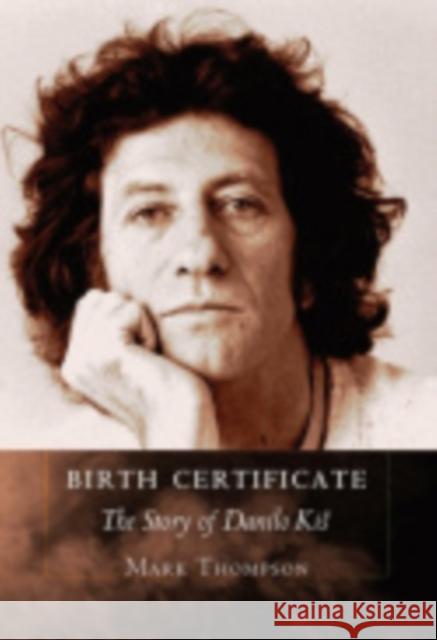Birth Certificate: The Story of Danilo Kis » książka
Birth Certificate: The Story of Danilo Kis
ISBN-13: 9780801448881 / Angielski / Twarda / 2013 / 376 str.
Danilo Kis (1935 89) was a Yugoslav novelist, essayist, poet, and translator whose work generated storms of controversy in his homeland but today holds classic status. Kis was championed by prominent literary figures around the world, including Joseph Brodsky, Susan Sontag, Milan Kundera, Philip Roth, Nadine Gordimer, and Salman Rushdie. As more of his works become available in translation, they are prized by an international readership drawn to Kis's innovative brilliance as a storyteller and to his profound meditation on history, culture, and the human condition at the end of the twentieth century.A subtle analysis of a rich and varied body of writing, Birth Certificate is also a careful and sensitive telling of a life that experienced some of the last century's greatest cruelties. Kis's father was a Hungarian Jew, his mother a Montenegrin of Orthodox faith. The father disappeared into the Holocaust and the son cosmopolitan, anticommunist, and passionately opposed to the myth-drenched nationalisms of his native lands grew up chafing against the hypocrisies of Titoism. His writing broke with the epic mode, pioneered modernist techniques in his language, fulminated against literary kitsch, and sketched out a literary heritage "with no Sun as its Center and Tyrant." Joyce and Borges were influences on his writing, which nevertheless is stunningly original. The best known of his works are Garden, Ashes; The Encyclopedia of the Dead; Hourglass; The Anatomy Lesson; and A Tomb for Boris Davidovich. Over the course of nearly two decades, Mark Thompson studied Kis's papers and interviewed his family members, friends, and admirers. His intimate understanding of the writer's life and his sure grasp of the region's history inform his revelatory readings of Kis's individual works.More than an appreciation of an important literary and cultural figure, this book is also a compelling guide to the destructive policies which would, shortly after Kis s death, generate the worst violence in Europe since World War II. Thompson s book pays tribute to Kis s experimentalism by being itself experimental in form. It is patterned as a series of commentaries on a short autobiographical text that Kis called "Birth Certificate." This unusual structure adds to the interest and intrigue of the book, and is appropriate for treating so autobiographical a writer who believed that literary meaning is always deeply shaped by other texts."











